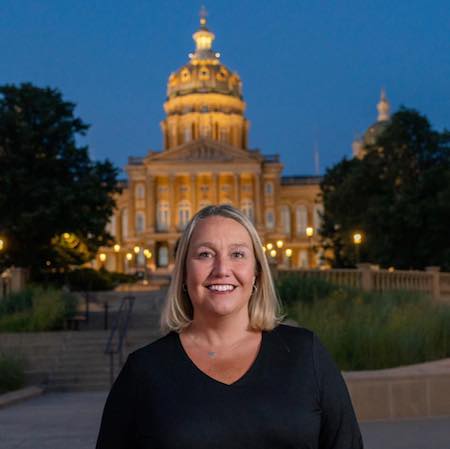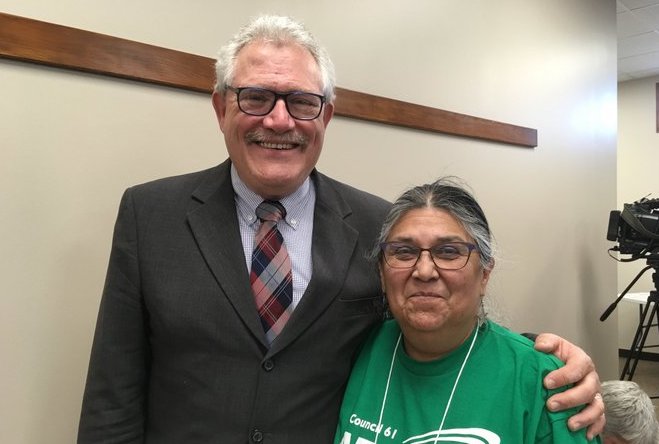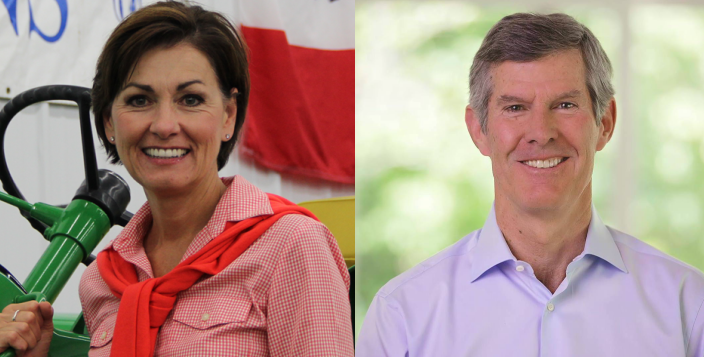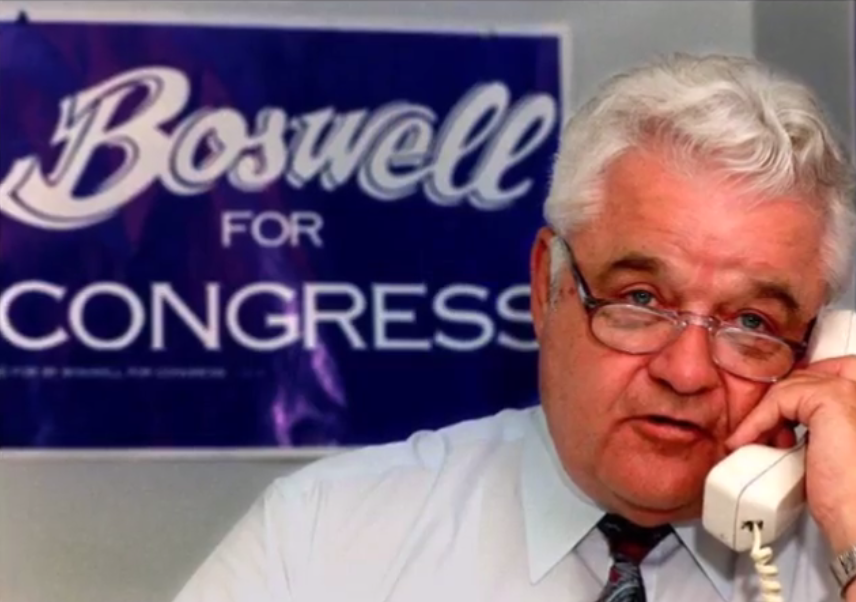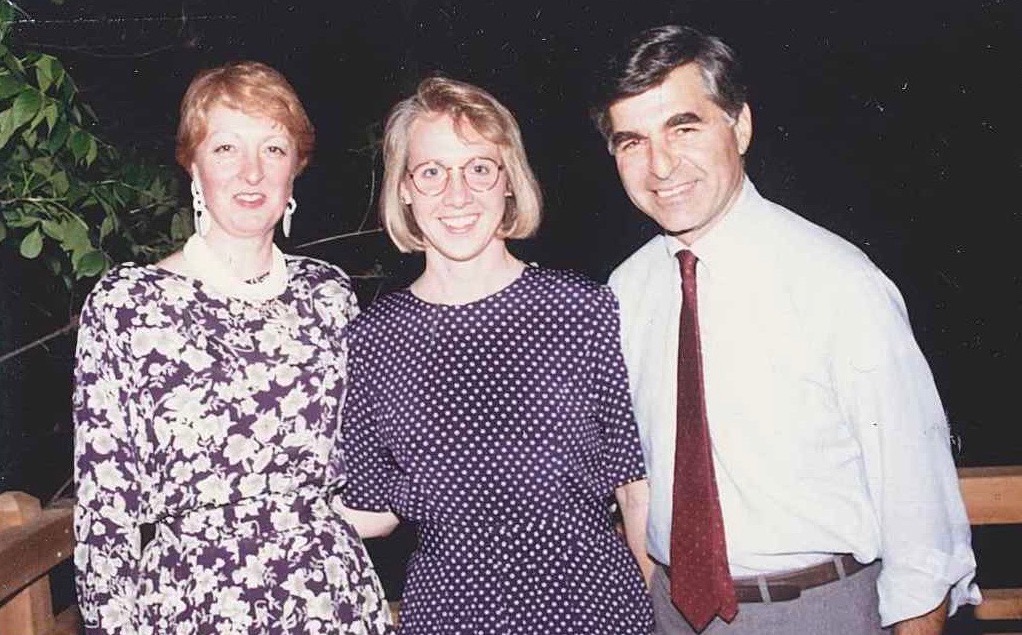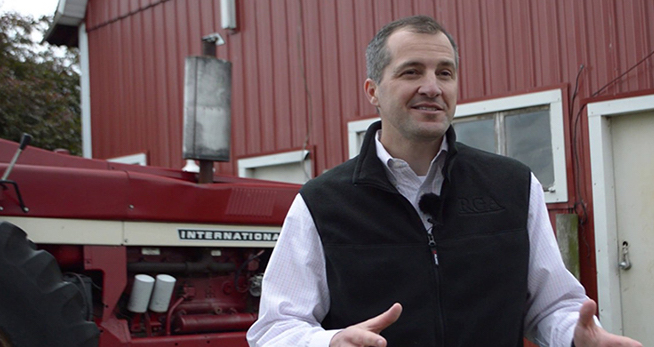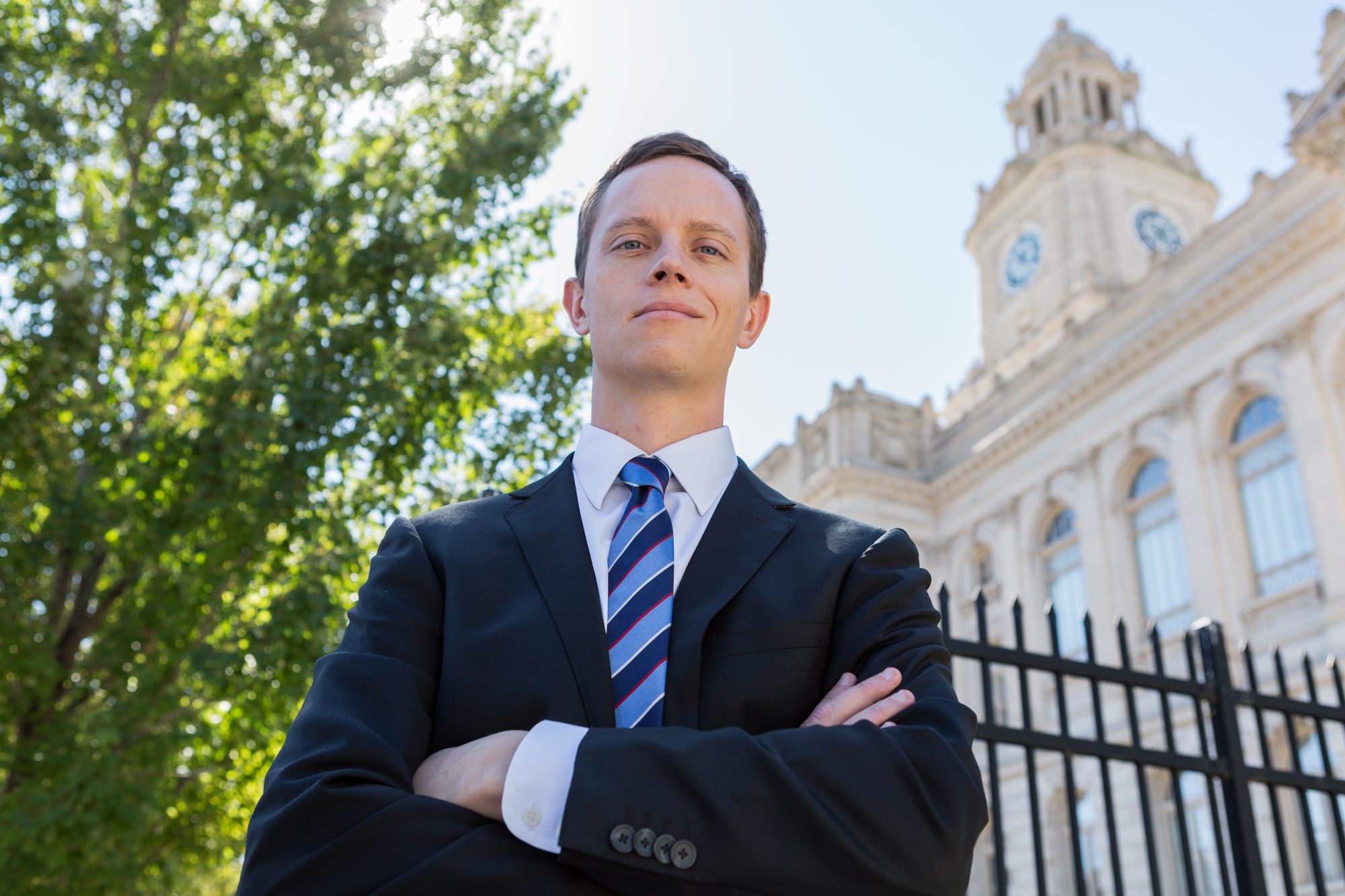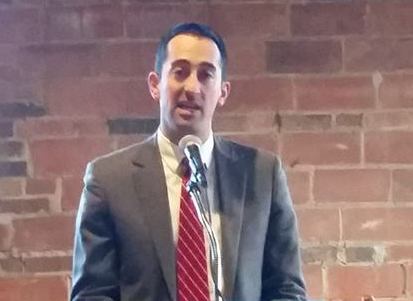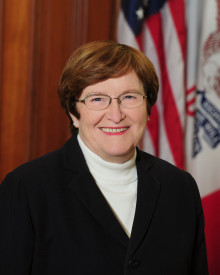Iowa voters handed Democrats the keys to run the state in 2006 and expanded the Democratic majority in the legislature this year. Now we have to prove that we are capable of governing well. Like almost every other state, Iowa is facing a deteriorating revenue base while demands for government services rise in a tough economy. Governor Chet Culver has already imposed two rounds of budget cuts, and more difficult choices will need to be made during the upcoming legislative session.
There is no perfect solution to the budget problem, but some proposals are so bad that they should be ruled out immediately.
Selling the Iowa Lottery is a terrible idea on every level.
I don’t often agree with Des Moines Register columnist David Yepsen, but he is right about this:
Why would anyone want to sell their seed corn? And why would Iowa want to do something that may lead to expanded gambling? […]
We should privatize those governmental functions that cost the taxpayers, not the ones that make them a profit. […]
Since 1985, the Iowa lottery has netted state government $1 billion. Why would we turn some of those profits over to the gambling industry? It’s short-term thinking to give up $50 million in annual lottery profits for a lump sum now.
Also, this idea breaks faith with the promise made to Iowans when we started down the path of expanded gambling: If Iowa was going to get into legalized gambling, it was going to be heavily regulated.
Now we’re going to invite casino owners and others in the gambling industry to run our lottery? I’m sorry; the history of the gaming industry is just too checkered to put people from it in charge.
I have never bought a lottery ticket, and I hate to see the state encouraging people to throw their money away on the lottery. But now that Iowa has a lottery, we should keep the profits in state hands. Selling the lottery would bring in cash this year, but we’d need to replace the lost revenue in future budgets. It wouldn’t solve the problem, and it would make Democrats look incompetent.
By the way, State Auditor David Vaudt described the idea as “a very short-term Band-Aid approach.” The plan he described would involve
a lease of the lottery for up to 50 years in exchange for a lump sum payment of $200 million and some annual lease fee.
The lottery generates more than $50 million a year in profits for the state’s budget, and Vaudt predicted the lump sum would quickly evaporate.
Of course it would.
Vaudt may be the Republican nominee for governor in 2010, and he was warning about budget problems long before Culver and the Democratic leadership in the legislature started talking about budget cuts. Do we want to hand him another talking point on Democrats’ alleged fiscal irresponsibility?
If selling the lottery is bad policy and bad politics, why would anyone consider it? Here is Yepsen’s theory:
[T]he fact that Culver is entertaining sale of the lottery is an example of how big gambling money and influence slosh around Iowa politics.
The delegation that called on him to promote the idea included former Iowa Attorney General Bonnie Campbell, who is a longtime friend, adviser and donor of Culver’s, and Jeff Link, a leading Democratic campaign strategist who also runs referenda campaigns for gambling interests.
Culver will need to show how selling the lottery is a good deal for taxpayers and not just his cronies and campaign contributors on the gambling industry’s payroll. Watch to see how much gambling money starts showing up in Culver’s re-election warchest – and in those of Democratic legislative leaders.
Democrats helped gambling interests last session by putting an unjustified exemption for casino floors into the smoking ban bill. If we care about workers’ health, why should casino employees be less protected than those who work in restaurants and bars?
Handing over the lottery would play right into Republican talking points about “special interests” controlling the Democratic Party.
Culver, House Speaker Pat Murphy and Senate Majority Leader Mike Gronstal should nip this speculation in the bud by ruling out any plan to sell the lottery for short-term gain.
What else, if anything, should be “off the table” in the context of balancing the budget? I agree with Culver that going into debt should be considered.
I also believe that shared sacrifice requires some kind of action on the revenue side, such as closing tax loopholes that primarily benefit the well-off. When middle-income and lower-income Iowans bear the brunt of cuts in services, wealthier Iowans should also be asked to help bring the budget into balance. Some economists have shown that during an economic downturn, raising taxes on the wealthy does less harm to the economy than cutting government spending.
I understand the political arguments against raising taxes in any form now. There will be plenty of time to debate that later. For now, Democrat leaders should make the easy call: keep the Iowa Lottery in state hands.
Continue Reading...


